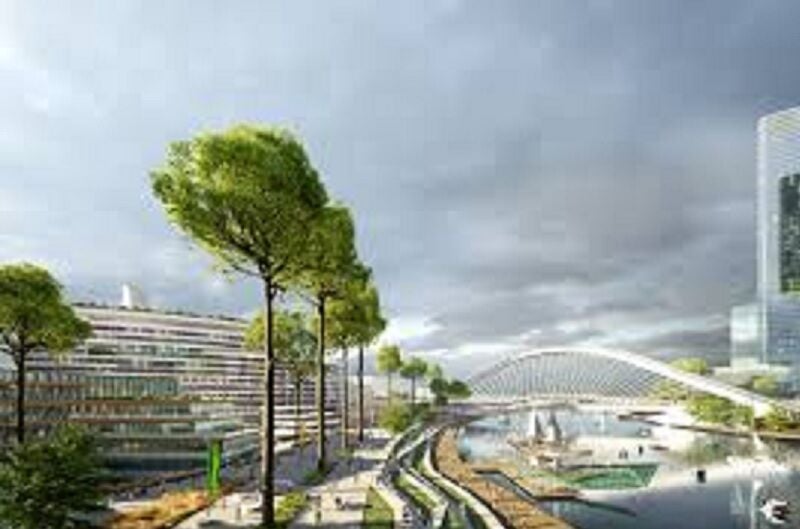Thailand urged to prioritise elderly in smart city plans

Smart cities in Thailand should prioritise the needs of the elderly, according to academics from Chulalongkorn University. They argue that as the country moves towards becoming a super-aged society by 2033, urban planning must adapt to ensure the safety and accessibility of facilities for older residents.
Chulalongkorn University’s faculty of architecture, in collaboration with the Digital Economy Promotion Agency (DEPA), hosted a signing ceremony for a Memorandum of Understanding (MoU) on ‘Lifelong Learning Ecosystem for Smart City Development’ yesterday, August 29.
This event included a speech and seminar focused on the needs of the elderly and how better city design can meet these needs.
The Head of Chulalongkorn University’s Center of Excellence in Universal Design, Trirat Jarutach highlighted the imminent challenges posed by an ageing population in urban areas.
Trirat pointed out that only 40% of hospitals currently have facilities that support the elderly, and other essential places like markets, parks, religious sites, theatres, cultural centres, and museums also lack adequate supportive infrastructure.
“Only 40% of hospitals have facilities that support the elderly. Some even turn to healthcare centres for support, but few of these have what these people need, Other places like markets, parks, religious places, theatres, cultural centres and museums also lack supportive facilities.”
Supporting livelihoods
In Thailand, approximately 5.5 million elder individuals experience damaging falls at home annually, leading to about 1,000 deaths, which averages to three fatalities per day. Trirat emphasised that systems should be in place to support the livelihoods and ensure the safety of the elderly population, suggesting that smart cities could be a viable solution as many older Thai residents are becoming familiar with smartphones and digital technology.
“There should be systems in place to support their livelihoods and ensure their safety. Smart cities may be the answer as elder Thai people are already getting familiar with smartphones and digital technology.”
The DEPA’s Executive Vice President, Passakorn Prathombutr, stressed that smart living is crucial, and it should be integrated with a smart environment, smart governance, smart mobility, smart energy, smart economy, and smart people. He stated that developing a smart city requires a clear, data-driven vision that is centred around the needs of citizens.
To construct a smart city, we need a clear vision. It must be data-driven, not reliant on guesswork, as well as citizen-centric as Passakorn remarked.
We also need to increase people’s digital literacy against call centre scams and provide upskilling as he added.
As Thailand progresses towards a super-aged society, the emphasis on creating inclusive and accessible smart cities becomes increasingly critical.
By focusing on the specific needs of the elderly, urban areas can be transformed to improve the quality of life for all residents, ensuring a safe and supportive environment for the growing number of older citizens, reported Bangkok Post.
Latest Thailand News
Follow The Thaiger on Google News:


























